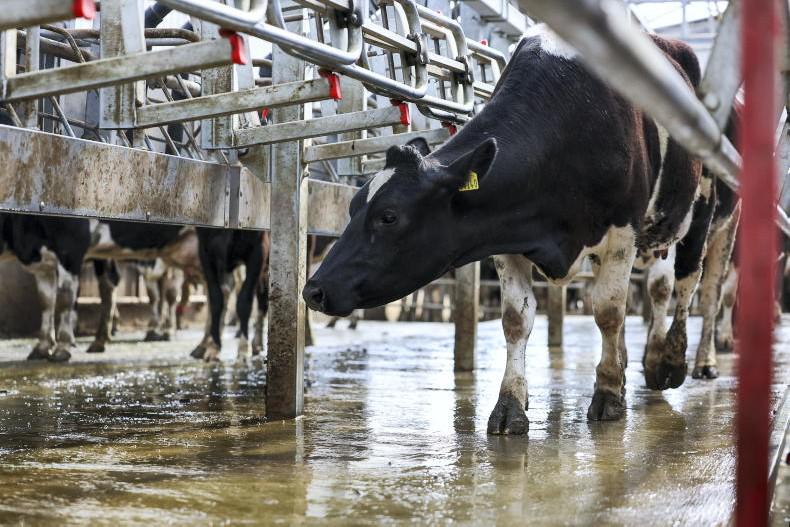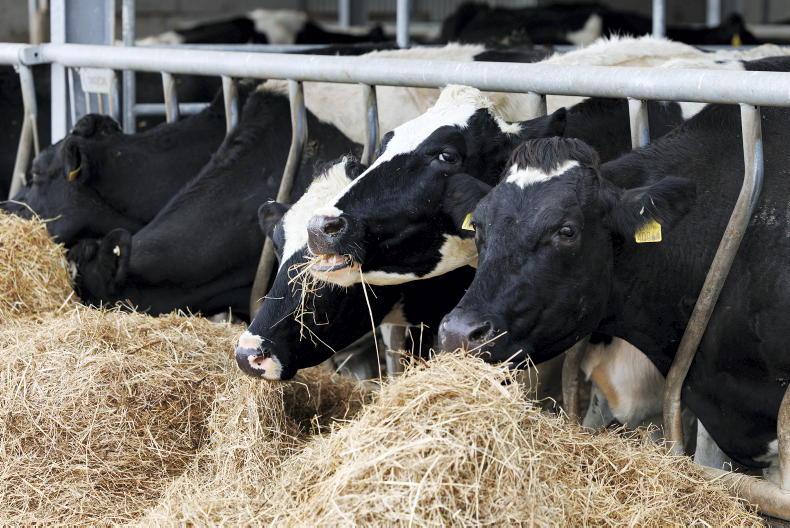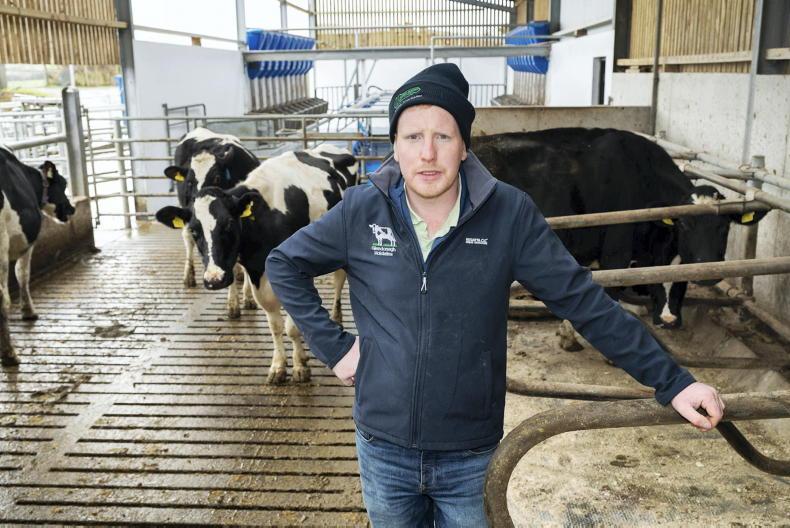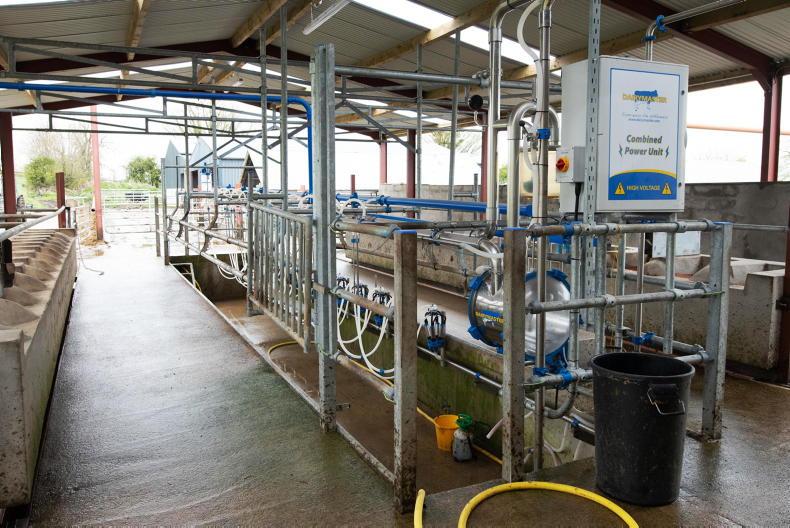DEAR SIR
In your most recent letters page, you carried a letter from Lakeland Dairies chair and dairy farmer Niall Matthews.
His first line suggested I had a bias against profitably and sustainably milking cows 365 days per year – I don’t. For the last 10 years, the team in the Irish Farmers Journal has worked with our Dairylink farmers in the top half of the country on best practice irrespective of what system of production. Niall knows that – the group gratefully visited his farm with the Teagasc dairy advisory boss Joe Patton.
My concern is the signal Lakeland is sending milk suppliers that milk produced at the most efficient time for farmers is penalised, while milk that makes no premium for Lakeland is incentivised on the shoulders. Teagasc research and advice clearly states environmentally and financially for the farmer, out of season milk production is not as good as the summer.
In my article published on Sunday 24 April, I wasn’t insinuating anything, but merely making the case that there are dairy businesses at different stages of development throughout the Lakeland catchment. To make no allowance for new entrants and to significantly reduce output for a new entrant at a time when the business has to carry all the other startup costs makes it very difficult. A lead in time, a leg up from a reserve pool, or maybe even getting the new entrant to create a shareholding over a timeframe would all help a vulnerable start up business and be a better investment long term.
Niall, in the article, I was not saying you had a free pass in your successful farm development over the last 12 years – in fact I was saying the opposite. Like all developing businesses, you had to grow cow numbers, build new slurry storage, build a new milking parlour, hire labour, carry more replacements and also, as you say, pay for quota and superlevy fines. As a supplier, you had to pay for all the investment in steel also. Under Lakeland proposals, a startup dairy business will have to do all of the above except carry the quota costs. Now the Lakeland proposal for startups is to install a penalty, effectively create a new cost, for the three months of the year when it’s more profitable and sustainable to make milk according to all research and advice if the farmer has the resources to do that.
Knowing the time and dedication you as a co-op chair, and your fellow directors, have to give up to represent fellow milk suppliers, I fully respect decisions at the board table.
My opinion, rightly or wrongly, is fuelled by talking to suppliers, observing best practice in other co-ops and, in principle, doing what is right for farmers so that ultimately it is the right thing for the co-op long term.
It’s not personal or anti any particular co-op, but hopefully it can help inform the debate in the absence of any gathering of farmers to discuss very important issues.










SHARING OPTIONS